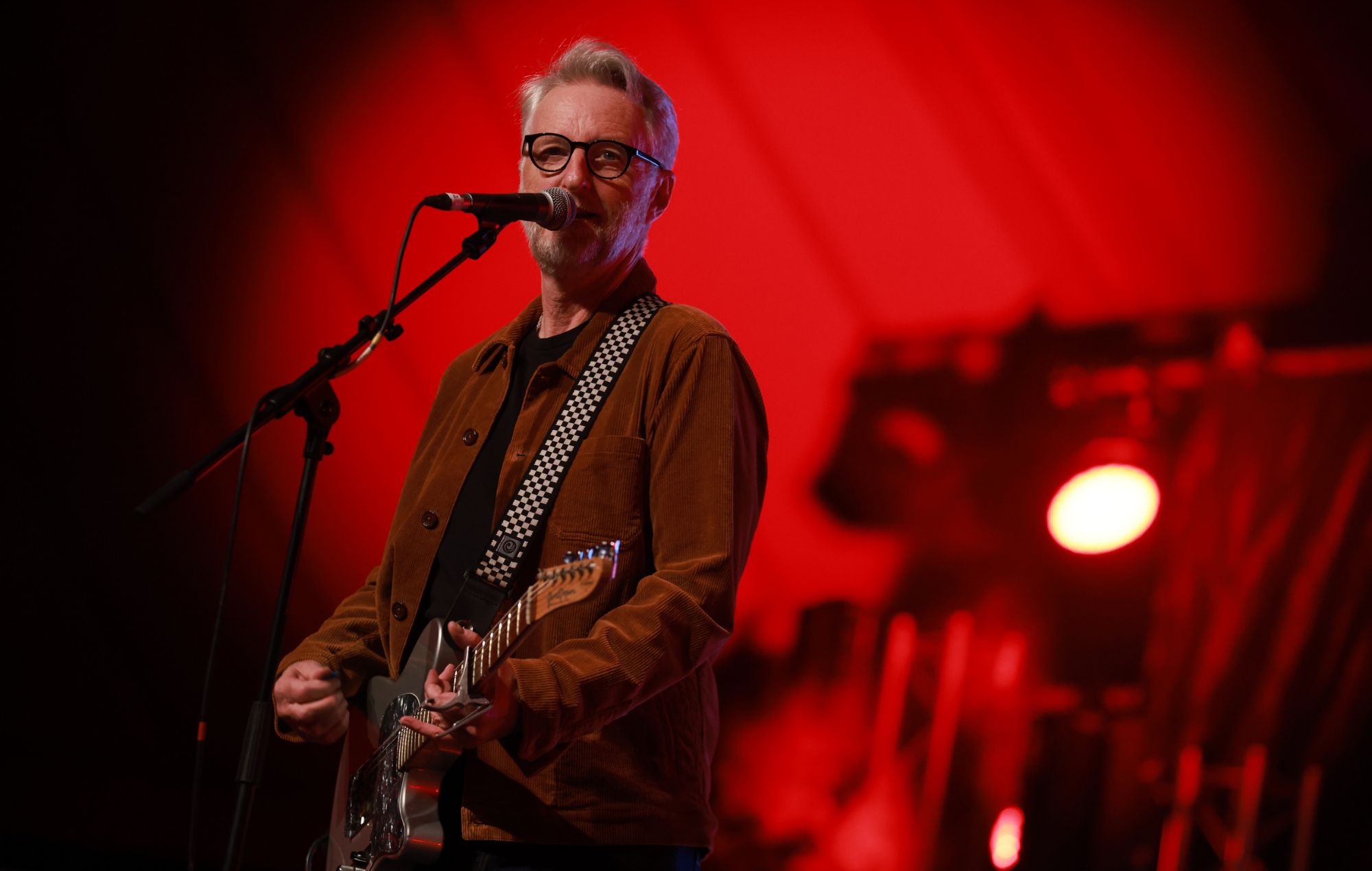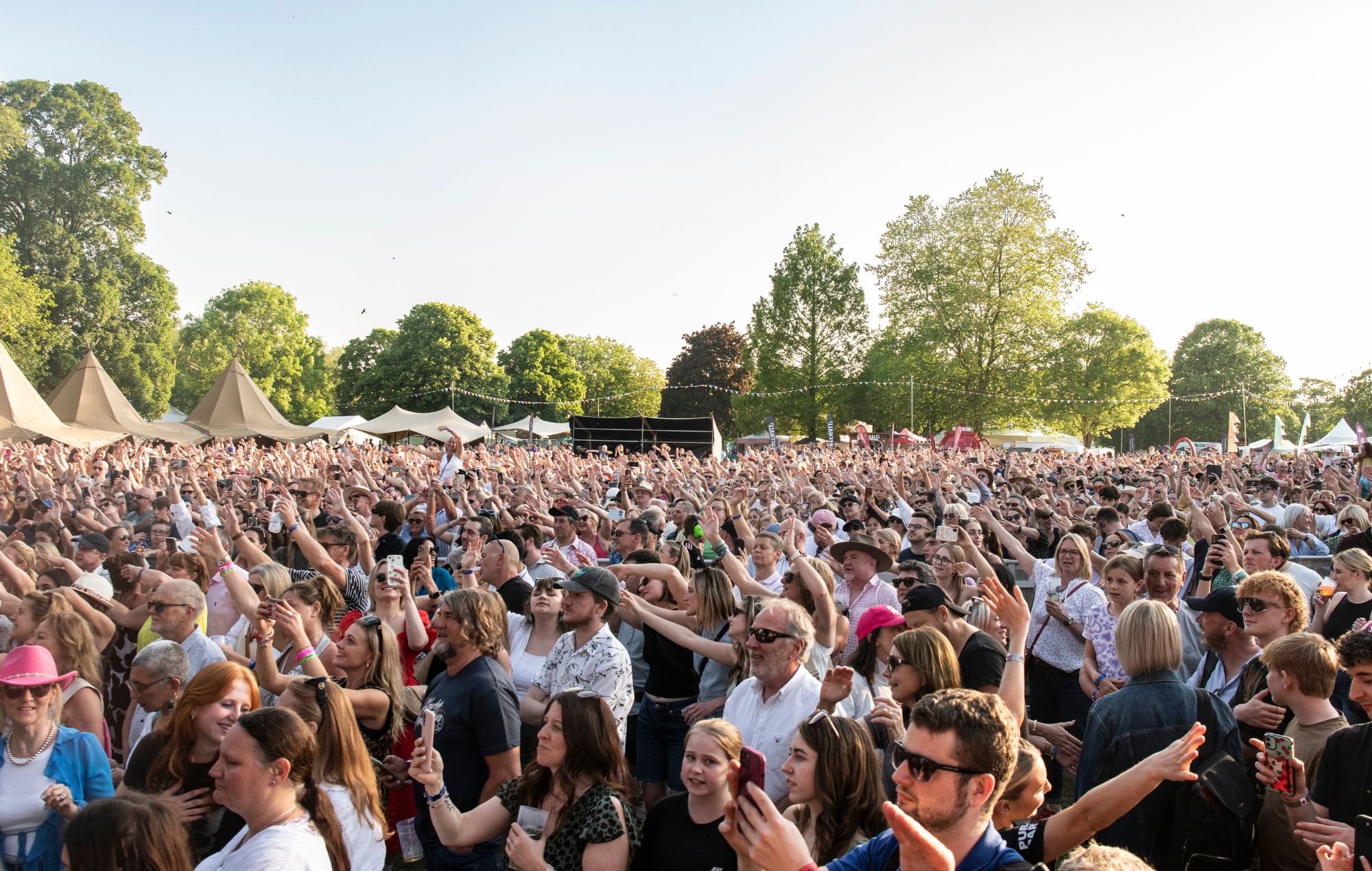
Operators for Towersey Festival – the UK’s longest-running independent music festival – have confirmed that the 2024 edition will be its last due to spiralling costs.
The festival was originally founded in 1965 by Denis Manners MBE, and arrived five years before the iconic Glastonbury festival was founded. Organisers have now confirmed that after 60 years, it will be coming to a permanent end due to external pressures and financial strain.
The final installment will take place this summer, and will be held at Buckinghamshire’s Claydon Estate between August 23 and 26.
Artists lined-up for 2024 include Billy Bragg, The Staves, Tide Lines, Seth Lakeman and Pokey Lafarge.
News that the festival would be closing after this year’s edition was shared by two of Manners’ grandchildren – Mary Hodson and Joe Heap – who now run the event as co-directors.
“It is with the heaviest of hearts that we also deliver this message. Like so many other independent and grassroots festivals, Towersey is facing the very sad prospect of ending after this year’s festival, our 60th year,” they wrote (via Access All Areas).
Recommended
“We have worked incredibly hard over the last few years to try to bring Towersey back to financial stability. The pandemic wiped all our back up and changed the face of festivals across the industry. Coming back from this and the economic challenges we’ve all felt since then has been all but impossible. Without investment partnerships or a fundamental change to the character of the festival, we have concluded that we will have to bow out after this year.
“We are proud of what we’ve achieved with Towersey and the massive contributions we’ve made over the years to charities, local causes, tourism, and emerging artists. More importantly, we believe festivals like Towersey are crucial for creating better communities and societies and for finding hope and humanity in an otherwise challenging world.”
The statement concluded: “We will continue to fight, and endeavour to find a way of continuing to realise the hopes and dreams of our grandparents and founders, but it will not be through Towersey Festival anymore.”
The news arrives just days after it was reported that 40 UK festivals have now been cancelled for this summer, and over 170 have disappeared over the past five years.
The new figures were shared by the Association of Independent Festivals (AIF) last week – the UK’s leading not-for-profit festival trade association, which represents the interests of 202 UK music festivals, ranging from 500 to 80,000 capacity.

CEO of AIF John Rostron has since shared a statement about the loss of Towersy Festival.
“Towersy Festival is an institution in the UK’s independent festival sector. The fact that it has no choice but to make this year’s edition its last after 60 successful years demonstrates that even the most established events are struggling in the current climate,” it read.
“Very few festivals are immune to the pressures placed upon promoters due to unpredictable and high supply chain costs since Covid. We urge others to support festivals by visiting fivepercentforfestivals.com and asking their MP to reduce VAT on festival tickets sales for three years to save these essential events.”
The latter part of the comment by Rostron refers to the AIF campaign ‘5% For Festivals’ – which was designed to help alleviate some of the stresses placed on festival organisers. With the push, it informs festival-goers about the problems faced over the last five years, encouraging them to contact their MPs to lobby for a VAT reduction on tickets.
It states that temporary support from the UK Government – lowering VAT from 20 per cent to five per cent on ticket sales for the next three years – is all that’s needed to give festival promoters the space they need to rebuild.
As mentioned in the statement, Towersy is far from the first UK festival to become crippled by financial strain in recent years.
In the past five years alone, 172 festivals in the UK have disappeared. 96 events were lost due to COVID, 36 were lost throughout 2023, and now, 40 have already been lost since the start of this year.

AIF has warned that this is a trend that will continue to grow without government aid, and revealed that, without intervention, the country will see over 100 festivals disappear in 2024.
The recent reports from AIF also comes after NME looked into why so many UK festivals have been cancelled or postponed in recent years, and spoke to industry experts to shed light on the rapid decline.
It highlighted how Herefordshire’s Nozstock Hidden Valley announced that 2024 would be their final incarnation after 26 years due to “soaring costs” and financial risk”, and Shepton Mallet skating and music festival NASS announced that they wouldn’t be putting on an event this summer either as it was “just not economically feasible to continue”.
Others mentioned were the cancelled Dumfries’ Doonhame Festival, Bluedot – which announced a year off for the land to “desperately” recover after being struck by heavy rain and cancellations last summer – Nottingham’s Splendour, which was canned this year due to planning delays from a financially-struggling city council, and Barn On The Farm shared that it would be taking a fallow year due to financial constraints.
Discussing the issues at hand, co-manager for the latter, Oscar Matthews, told NME: “From our perspective, the festival in 2023 itself was brilliant – it was a really successful year – but we were hit majorly on a financial level by a mix of increased production costs and a very big reduction in ticket sales. That hit us from both angles and meant we suffered quite substantial losses, despite the actual running of the festival going so well.”
It was also argued that with the continued loss of grassroots music venues throughout the UK, smaller music festivals are needed to produce the headliners of major events in the future.


 98
98